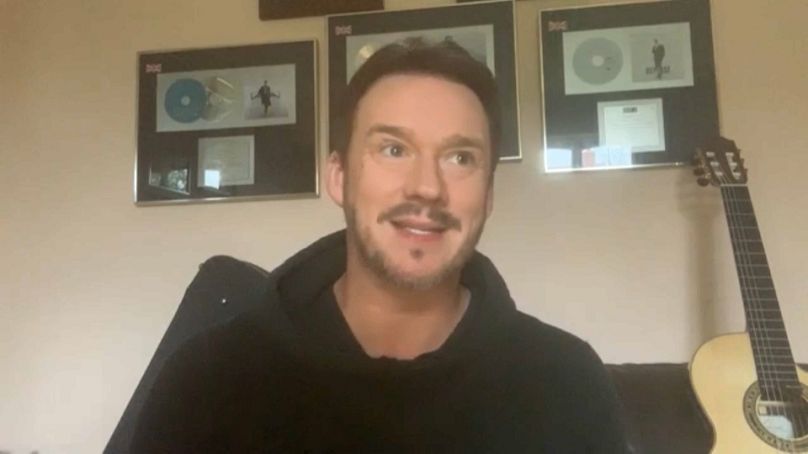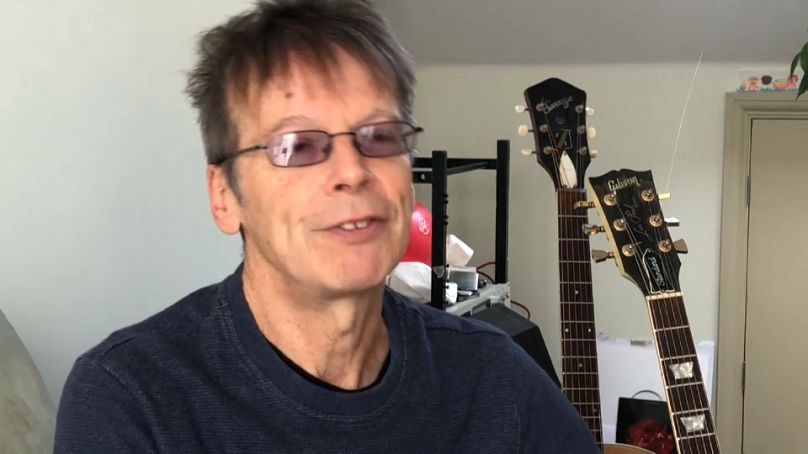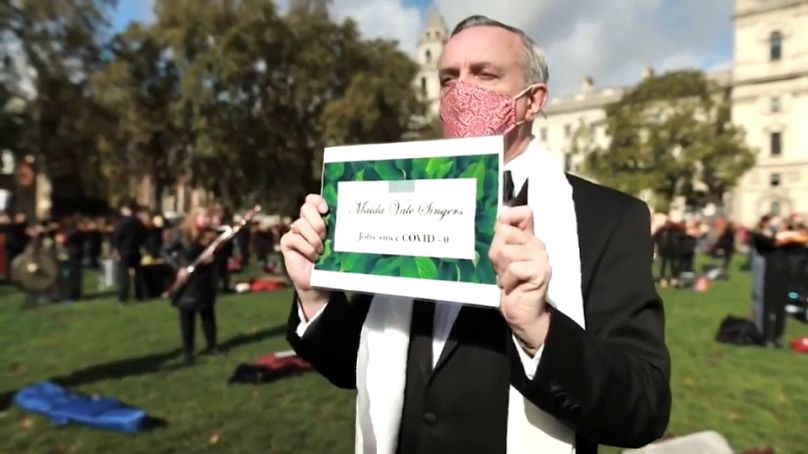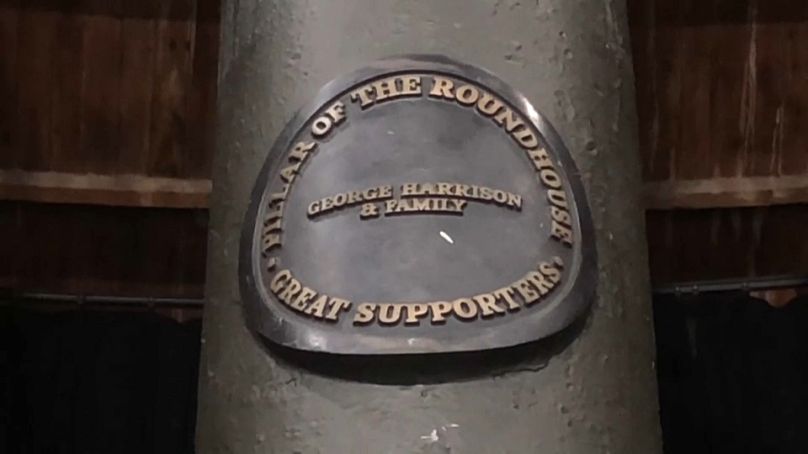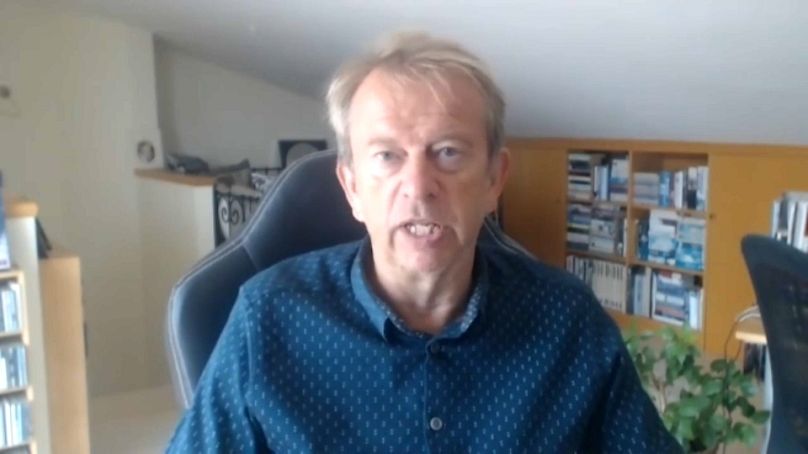Artists as diverse as Russell Watson and the Undertones are demanding guidance and practical help from the government as the UK music industry's COVID-19 related shutdown crisis shows no sign of abating.
Britain’s world-renowned live music scene is in crisis. Artists, their fans and the venues that host them are facing unprecedented challenges because of the COVID-19 pandemic.
Russell Watson is the UK’s bestselling classical artist, with a glittering career spanning back to the 1990s.
He thinks the situation is still very confused and unclear - and the UK government needs to do more:
“I recognise - and I think everybody recognises - that these are dark days.
"But there has to be either some kind of support mechanism or some kind of directive from the government to give us an idea of when and how we can get back.”
Damian O'Neill has had a 40-year music business career with the 90s rock group That Petrol Emotion, his critically-acclaimed solo work , as a producer- and an ongoing career with both The Everlasting Yeah and the Undertones, whose best-known hits include Teenage Kicks, My Perfect Cousin and It's Going To Happen.
Damian says the Undertones have been forced to cancel a year’s worth of gigs:
"This government doesn't care about the arts and really hasn't offered much help compared to the rest of Europe.
''It's not just the bands - it affects the road crews, lighting engineers, caterers, promoters - and all their families.
"It's having a domino effect for that whole network of people."
“The other thing is that if venues _do_ reopen but they’re socially distanced - which they might have to be - that would mean the returns won’t be as much for the venue.
"The bands might have to accept a smaller fee as well.”
"At the same time, we’re kind of lucky because we’re an established band and we know we’ll be offered gigs.
'But there’s a lot of struggling bands out there who don’t even have PRS - publishing money - coming in, or anything else to help them keep afloat - and they’ll just give up."
Before COVID-19, the live music industry broke the billion Euro barrier in the UK, with tourists providing millions in income, attending gigs and also spending money during their trips on meals and accommodation.
The decimation of the industry has led to protests by freelance musicians who've lost a huge part of their income, with nowhere to play.
Venues large and small have simply closed their doors to avoid the virus being transmitted by members of the crowd.
I visited the iconic Roundhouse in London's Camden has played host to everyone from the Rolling Stones and David Bowie to Paul Weller and Amy Winehouse. More than 3,000 people can squeeze in to the venue standing, nearly 2,000 when seated. But for now, the venue’s shut - and the music is silent. It was a sombre sight as I looked around the interior, now empty for months.
In July, the government offered an emergency package of more than €1.7 billion to support UK culture. It's been welcomed, but the allocation for live music venues covered just a fraction of what is needed.
Industry representatives say they will have to find other ways to carry on.
Mark Davyd, CEO of the Music Venue Trust thinks the future model for live performing will have to continue to evolve:
“Even (as) a limited experience, we can find ways for large numbers of people to enjoy that through a live event with a limited audience, plus some streaming online that other people can enjoy.
"Maybe (the answer is) artists playing more shows than they normally used to.”












